The protection directorate delivers a whole range of protection services to persons of concern (PoCs). In particular, the department provides physical protection, registration and documentations and also Refugee Status Determination Activities.
A. Physical Protection of Asylum seekers and Refugees
The Government of Ethiopia is currently providing Refugee Protection services to refugees of more than 21 nationalities based on the 1951 UN Refugee Convention and its 1967 Protocol, the 1969 OAU convention as well as its own national refugee proclamation 1110/2019.
RRS in collaboration with the UNHCR continues to work in ensuring that the rights of persons seeking asylum are protected. RRS mainstream a protection perspective throughout all stages of refugee program including at all levels of camp existence from planning, setup and camp closure as a responsibility of all including local government structures, partners working in the camp, camp management and refugees.
When selecting a camp, protection become crucial as a camp site must be at a certain distance from border and conflict areas. All our refugee camps are located in a reasonable and safe distance from border areas. We also monitor the detention centers (police cells and prisons) – to ascertain whether any asylum-seeker or refugee is detained, to follow-up on detention cases already known and to intervene in case of detention on charges of unlawful presence or for residing outside the refugee camps.
The directorate also monitors the borders of Ethiopia to make sure that asylum-seekers have effective access to the Ethiopian territory and that they are not refouled to their country of origin or to another country where their security and life could be at risk. The principle of ‘non-refoulement’ and the right to seek asylum of each individual facing persecution are the basis of the international protection regime of refugees.
Special services are also put in place for refugee with special needs including people with disabilities, unaccompanied and separated children, victims of sexual abuse, the elderly despite limited resources to cater the best to such vulnerable refugees.
B. Registration and Documentation
Registration and documentation facilitate individuals, families and other groups of refugees access to rights, services and assistance they need. Registration is also the primary source of information to know more about the persons of concern: who and where they are, what their skills/profiles are and what their specific needs are. Registration enables RRS and its partners to identify persons in need of special assistance and to respond to their need in a timely manner.

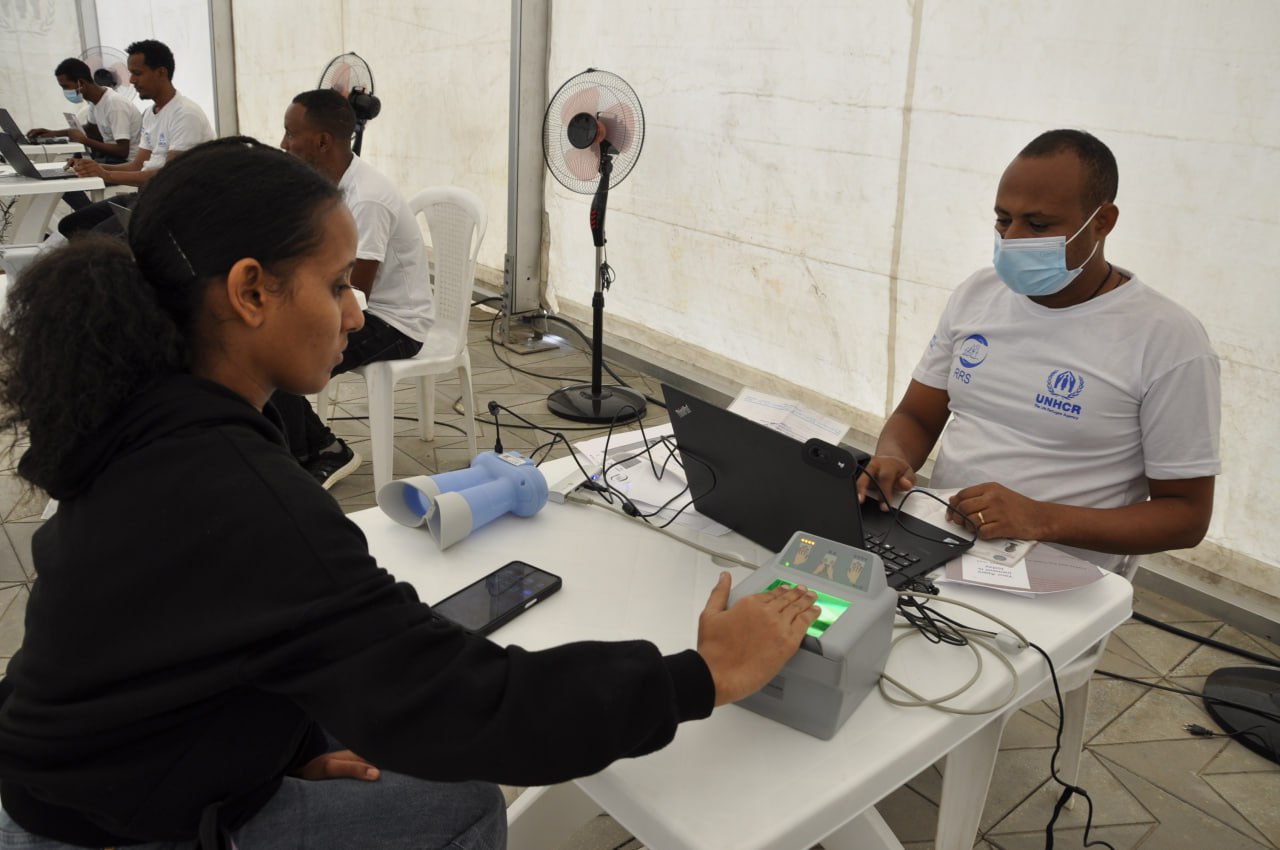
Registration very fact of being registered can protect against refoulement (forced return), arbitrary arrest and detention. It helps keep families together and assists UNHCR in reuniting separated children with their families. It finally provides crucial information to seek appropriate durable solutions.
In July 2022, UNHCR has handed over registration and documentation activities to the Government of Ethiopia, represented by Refugee and Returnee Service (RRS). For the first time more than 92,000 refugees registration has been conducted by RRS personnel with the technical support of UNHCR in Bokh premises. While in Metema, UNHCR and RRS are jointly conducting profiling of undocumented individuals leading to the most vulnerable being issued with tokens to access assistance.
Refugee documentations are issued by RRS, these documents are namely such as passing permit, Proof of Registration, Identity Cards and Vital Event Documents which includes, birth, death, marriage and divorce certificates.
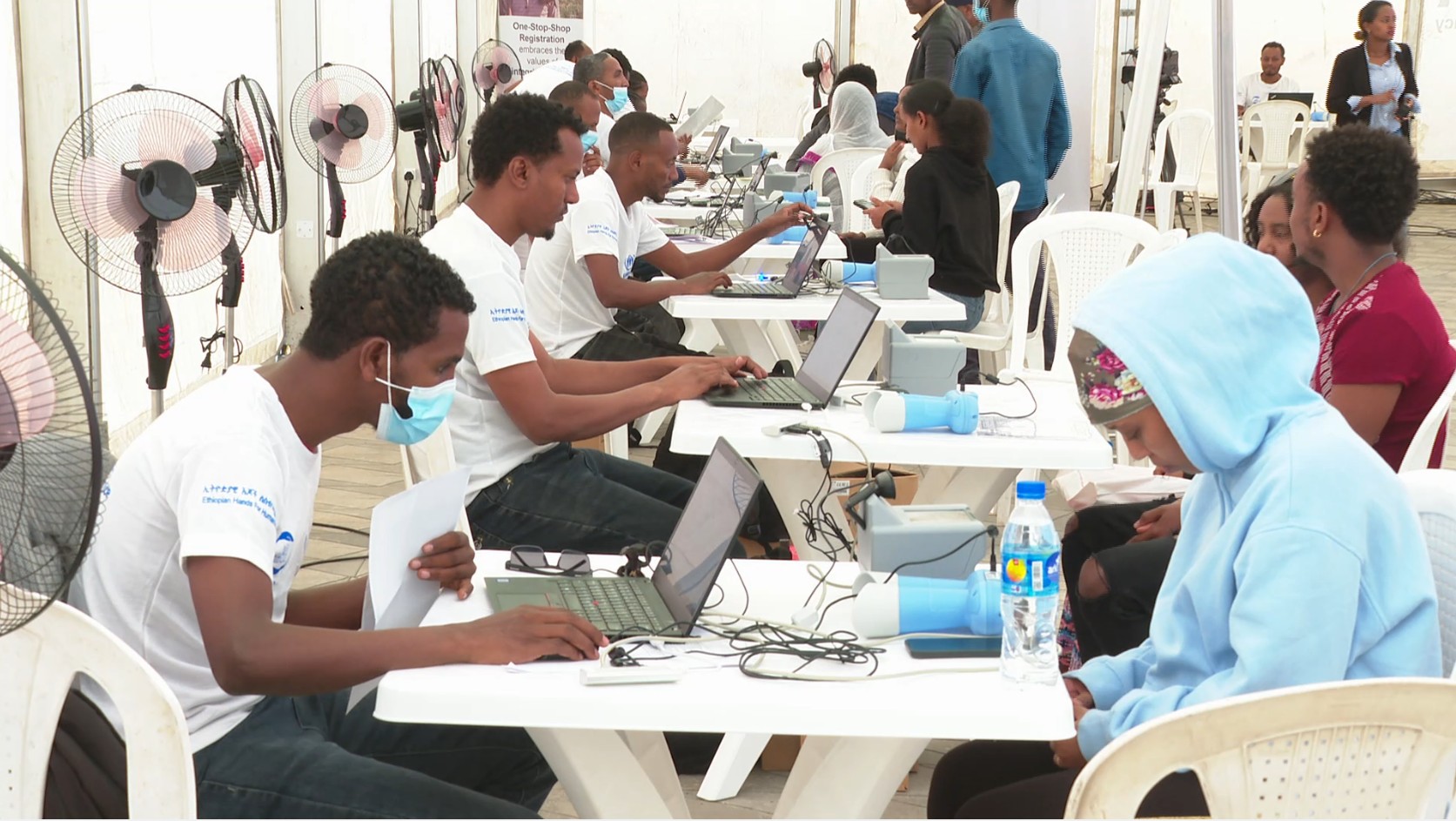
C. Refugee Status Determination (RSD) Activities
In Ethiopia, Refugees and Returnees Service (RRS) conducts refugee status determination. The RSD process begins when an asylum seeker registers their application for asylum with RRS. RRS can be approached at their branch offices in Gambela, Asosa, Melkedida ,Jigjiga, Metema and Addis Ababa (Head office). Prima facie registration/recognition is given to refugees mainly originating from South Sudan, Somalia, the Sudan and Yemen. Other nationals will go through individual screening where UNHCR has an observer status. This decision can either be recognition of refugee status or rejection of the asylum application. Applicants whose application are rejected have an opportunity to appeal with to the Refugee Appeal Board and if required to the Federal Supreme Court.
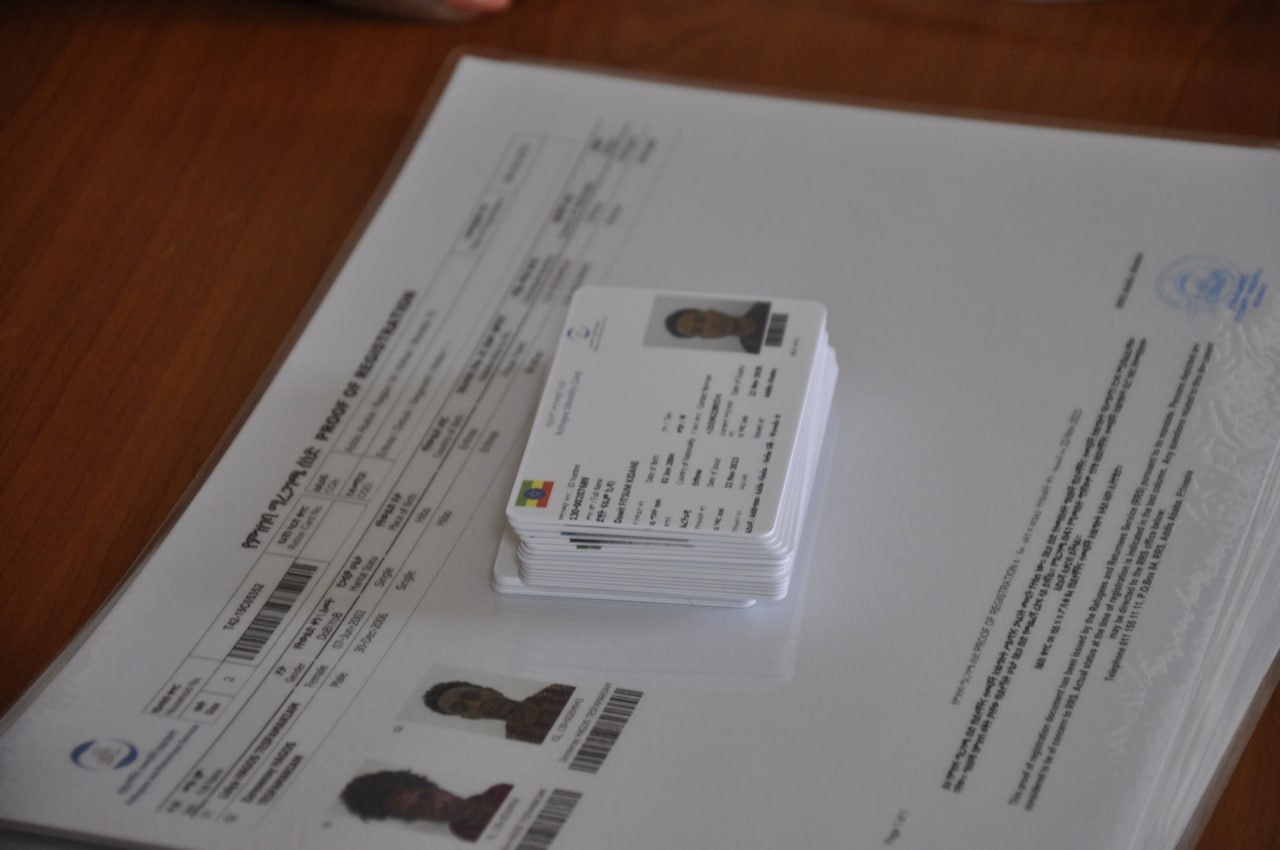
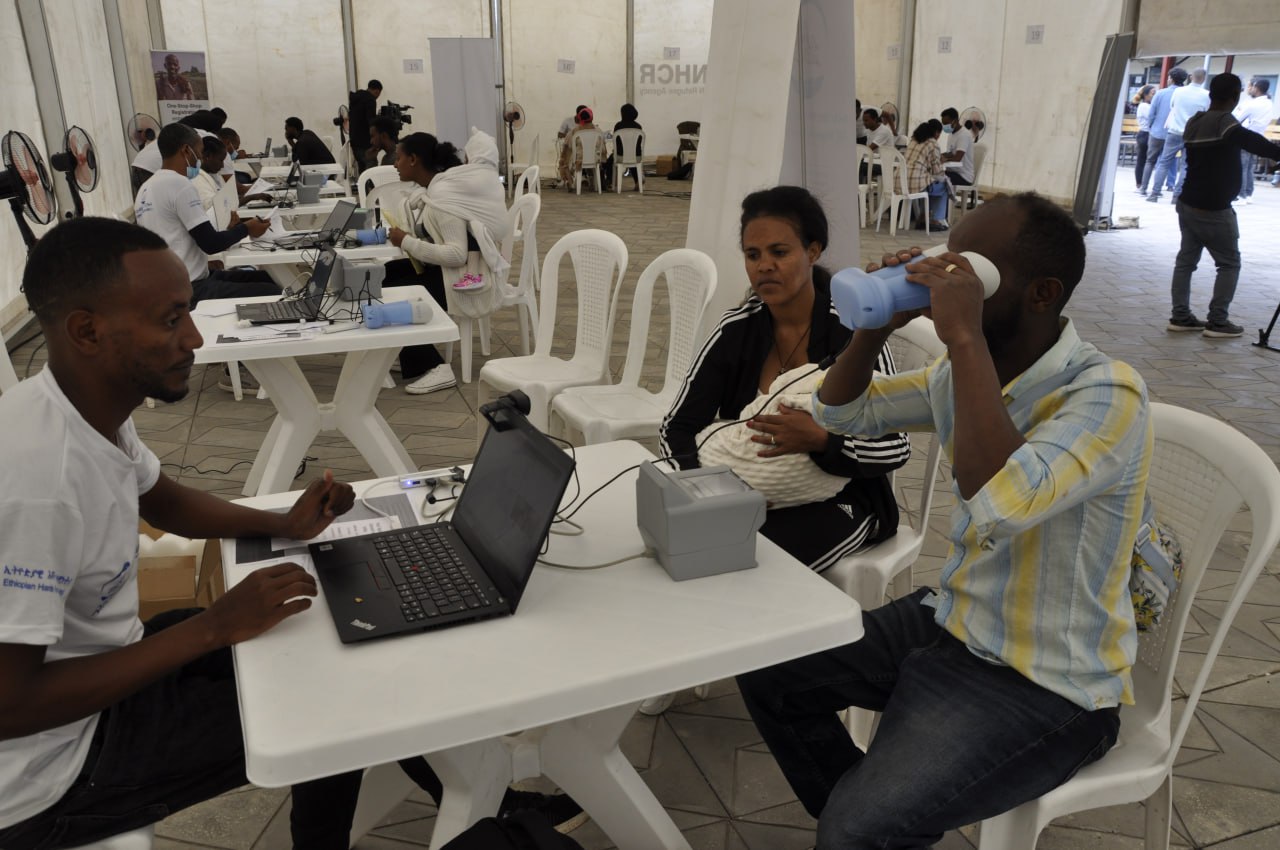
RSD is conducted on a first-come-first-served basis; however some cases may have to be prioritized due to specific vulnerabilities. The complexity of an RSD application and the information required, has an influence on the timeframe between an interview and a decision. After an asylum seeker has had an RSD interview, RRS staff will draft a recommendation which will go through a quality review after which the RRS takes the decision and the decision letter is prepared.

A. Major activities of the Refugee status Determination Team
B. Major activities of the physical protection team
C. Major activities of Registration and Documentation Team
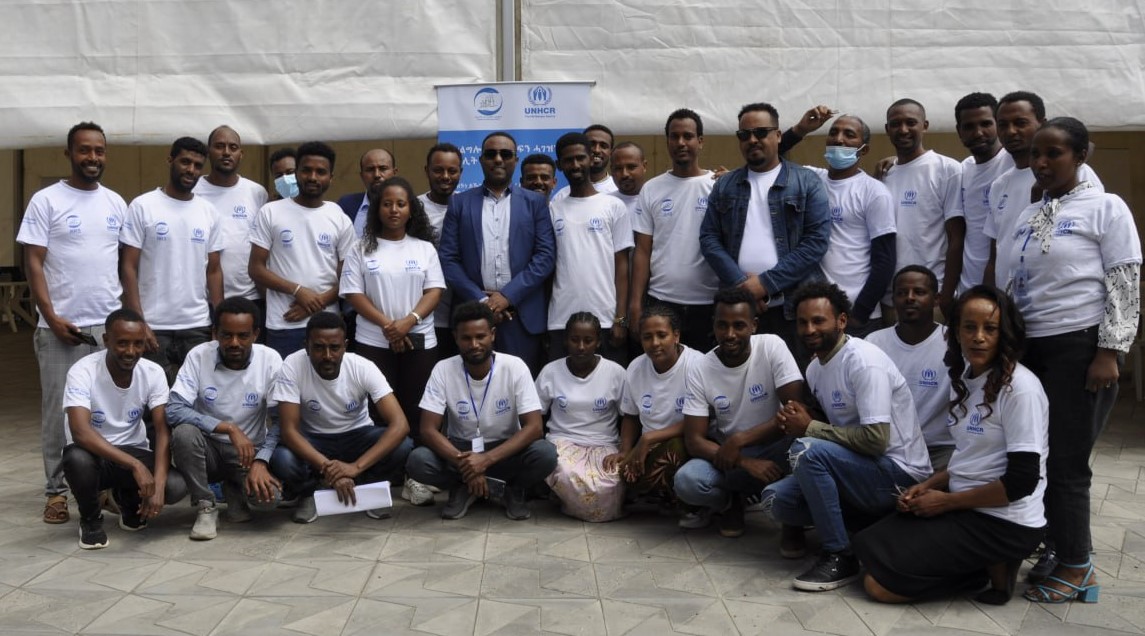
Contact us at the RRS office nearest to you or submit a business inquiry online.
2023 © Copyright RRS. All Right Reserved. designed by 360Ground